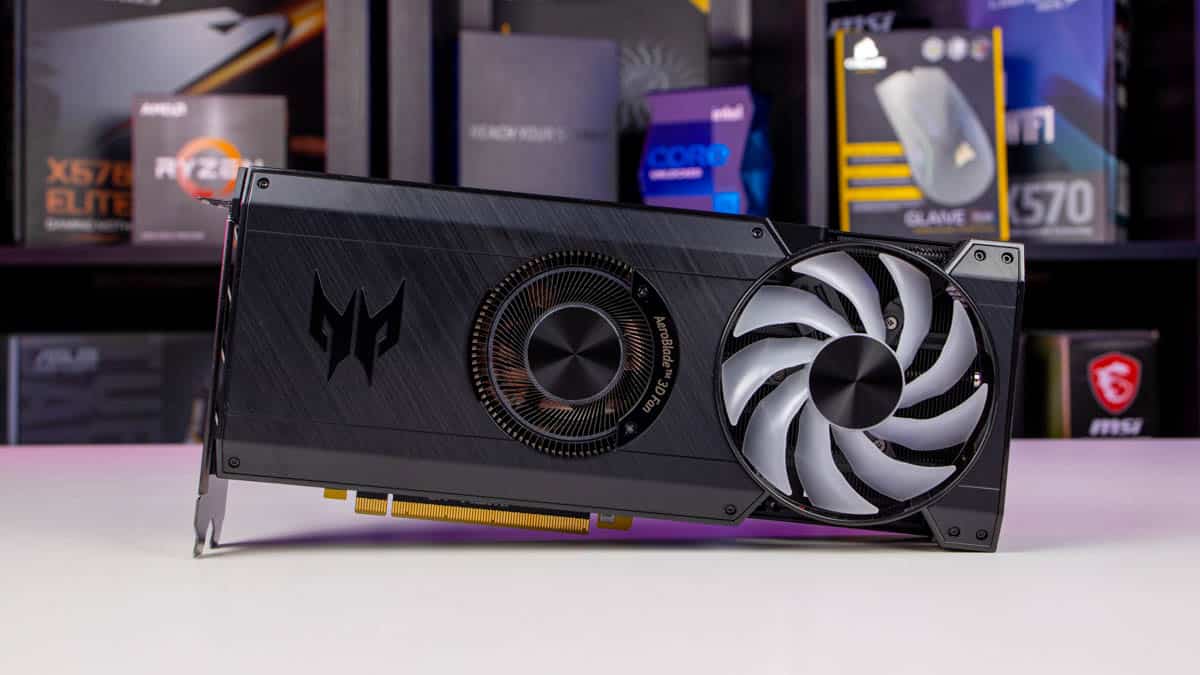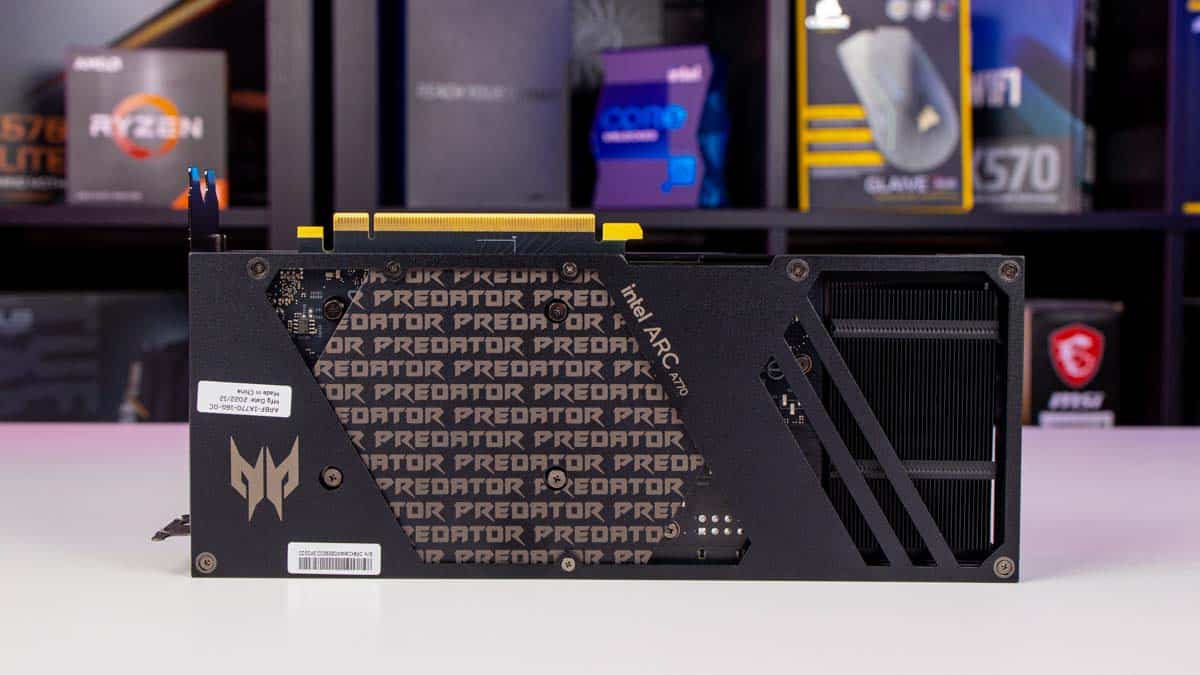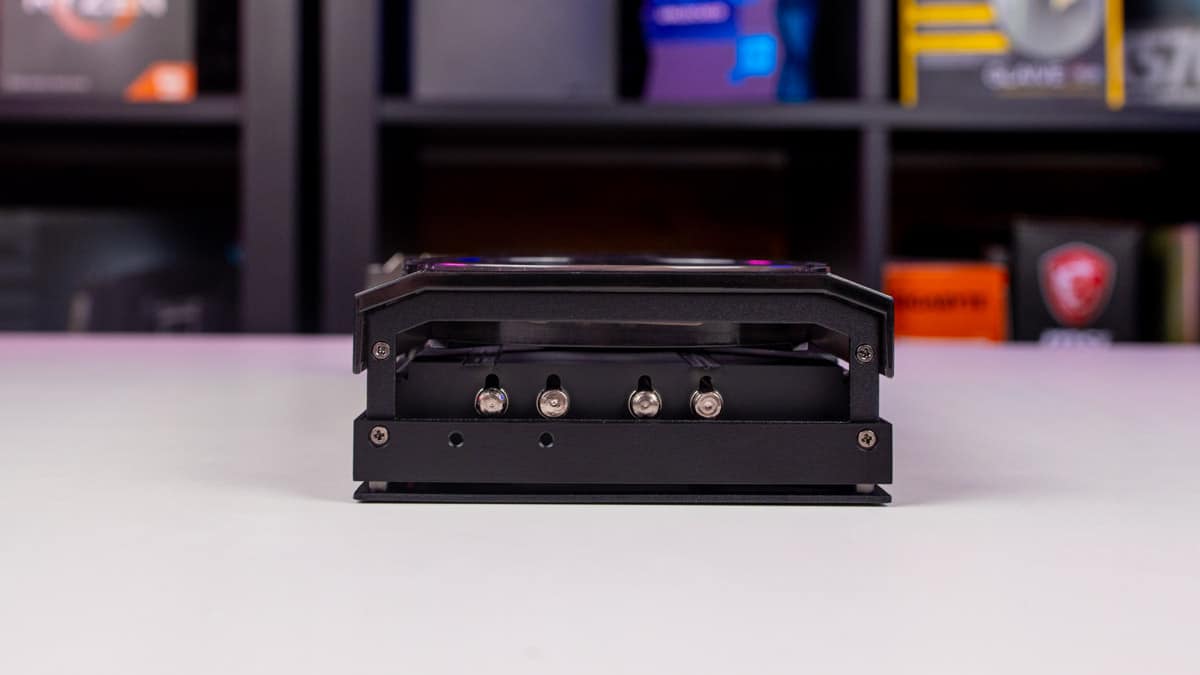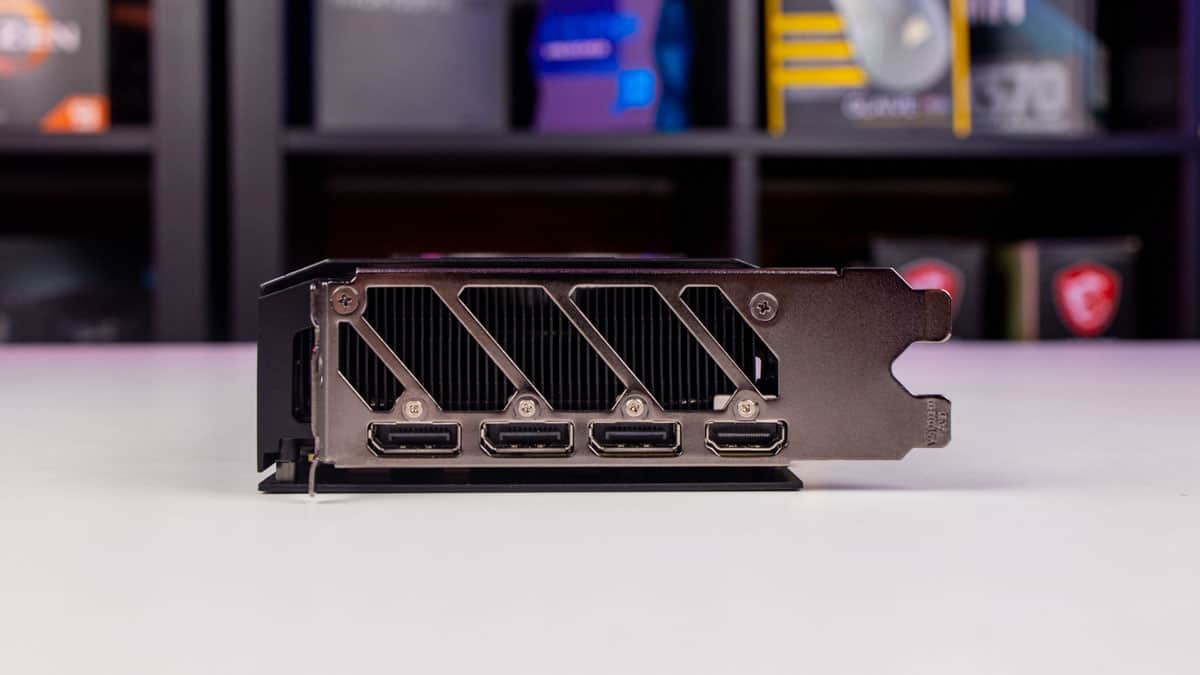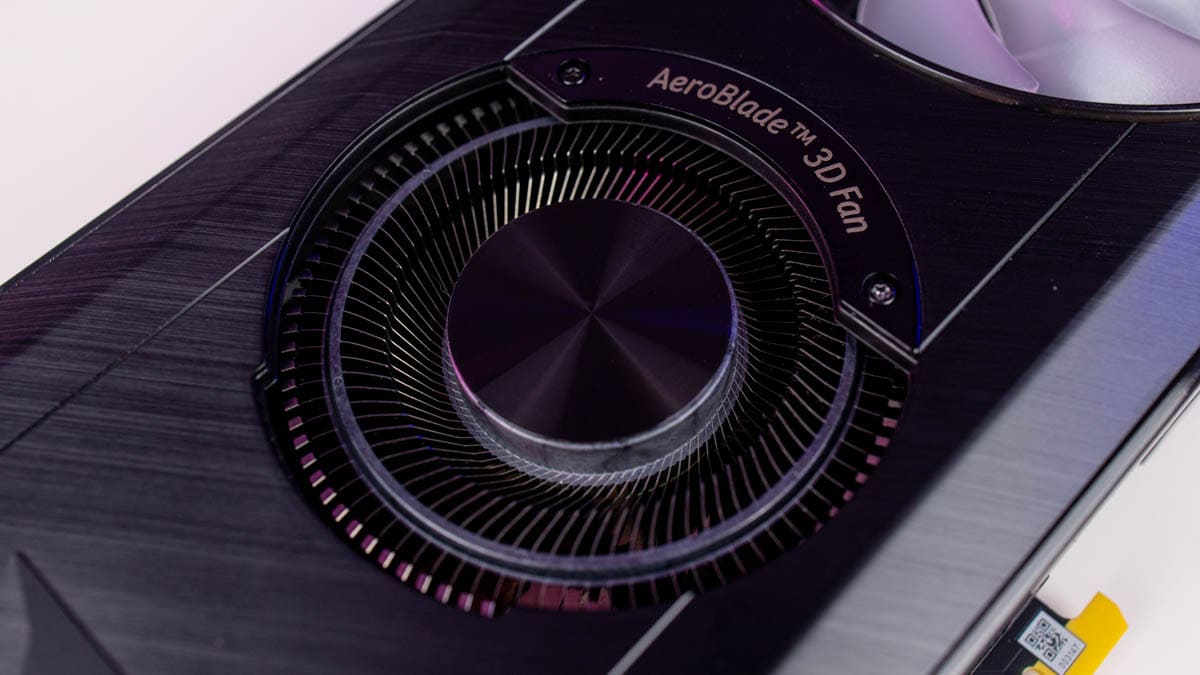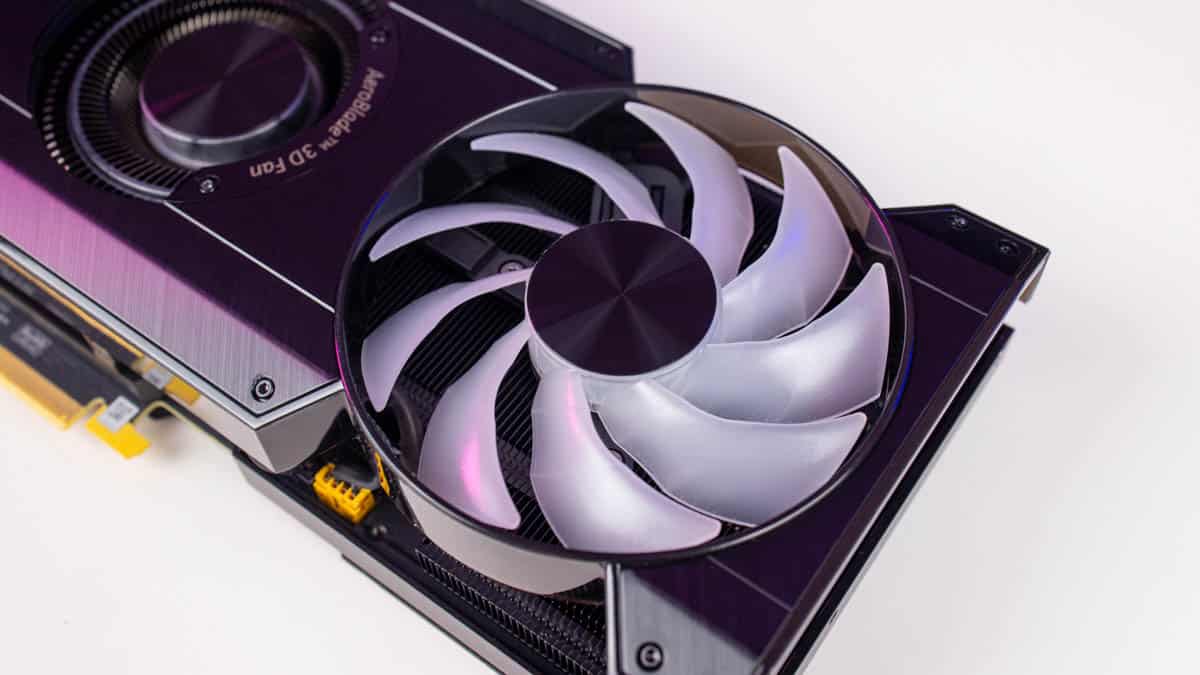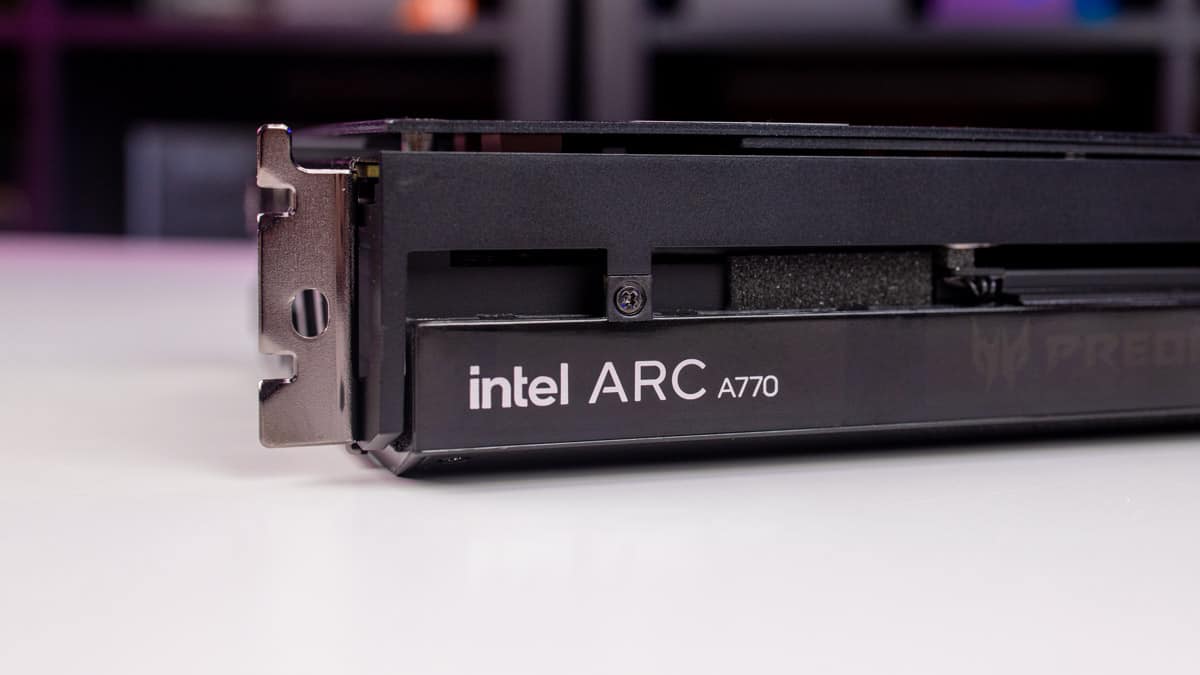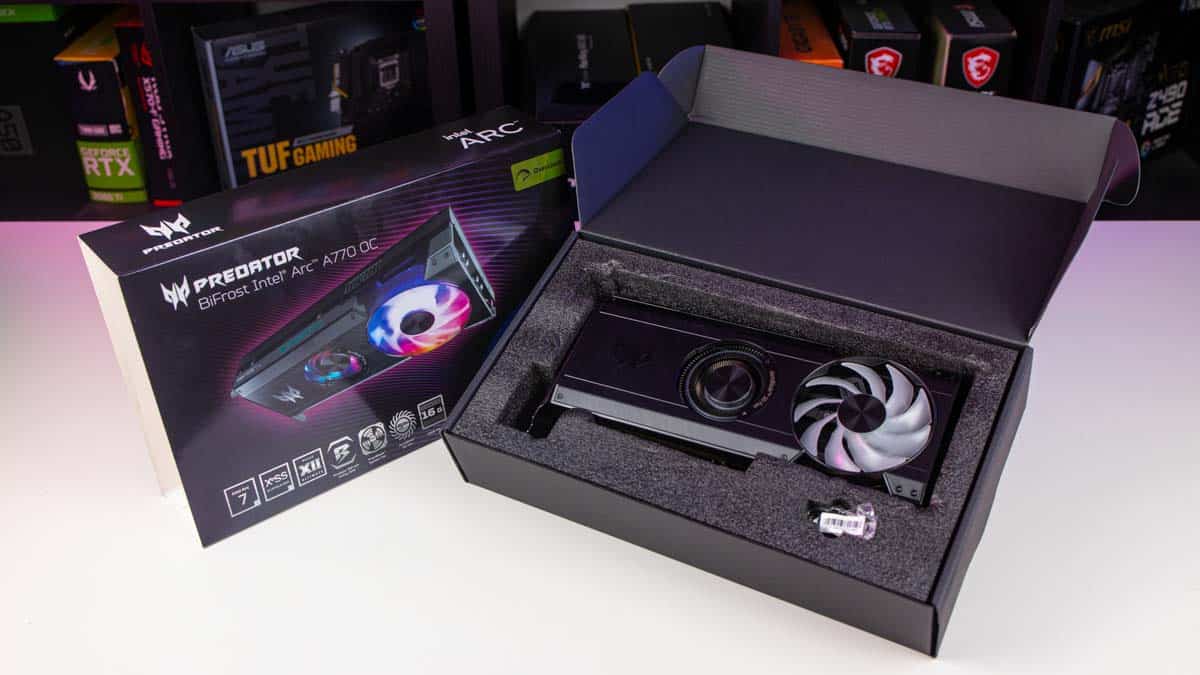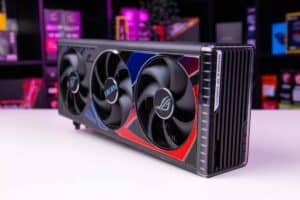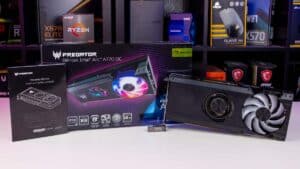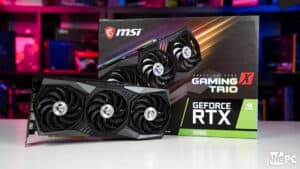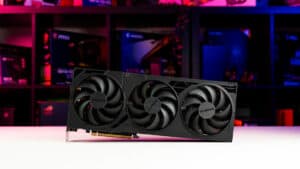Predator Intel Arc A770 review: the underdog that keeps improving
We take a quick look at what the A770 has to offer as it has a big fight on its hands
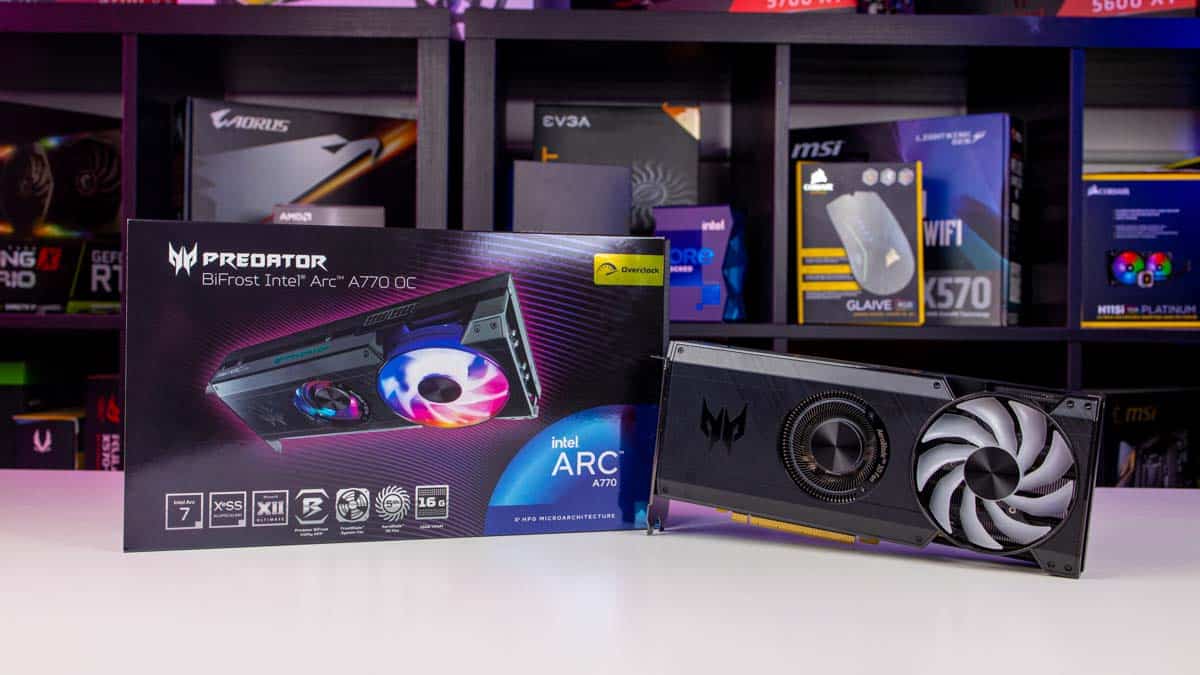
WePC is reader-supported. When you buy through links on our site, we may earn an affiliate commission. Prices subject to change. Learn more
A newer contender to the competitive graphics card market, we get a quick review on the Intel Arc A770. Particularly the later addition to the model list with the Predator BiFrost that offers up a more unique-looking design and option.
Now in the competition for the best GPUs there have just been two main competitors, AMD and Nvidia. But that changed with the release of Intel Arc graphics cards back in late 2022. Although the initial release of the cards was a bit bumpy since the drivers weren’t fully developed, issues with older games like CSGO running older DX9 at the time meant it wasn’t a viable choice for a great gaming experience.
However, as the years progressed, Intel didn’t stop working on it. Now it has a much-improved offering, so we can take a look at what it has to bring compared to other GPUs for the price. As the top pick A770 came out with a $329 launch price, it has a lot of potential value behind it. Although the custom overclocked GPU in the Predator BiFrost comes in a bit more expensive it might still be a worthy choice.

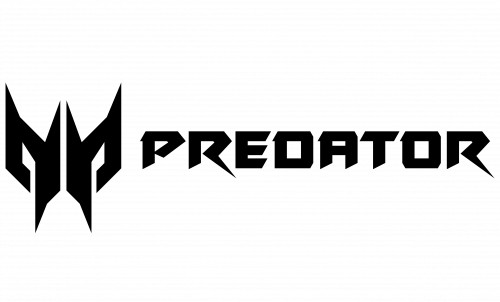
Predator BiFrost Intel Arc A770 OC
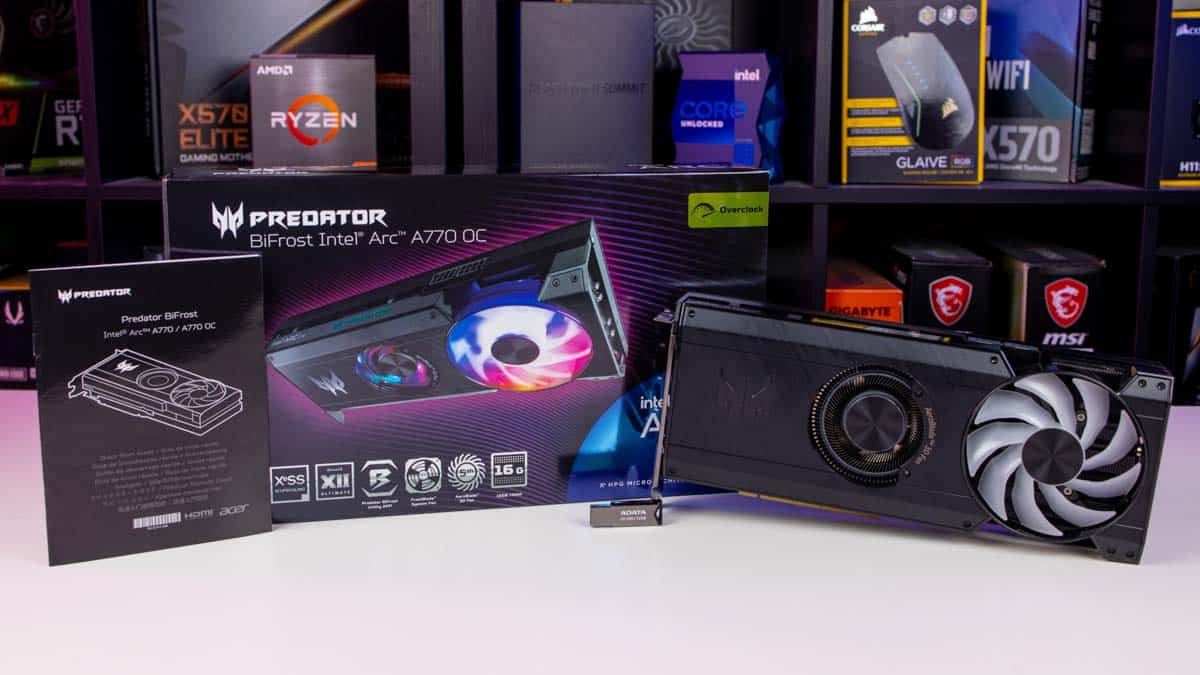
Core Clock Speed
2.20 GHz
Shading units
4,096
Memory Size
16 GB GDDR6
Dimensions
267 x 117 mm, 2-slot
PSU Required
650 W
TBP
225 W
- Overclocked model gives the top performance in the range
- Still a cheap alternative to other offerings at the performance level
- Great new design from Predator that is new to the market
- A more expensive option than MSRP
- Drivers still have spotty issues depending on the game
- Model has a high coil whine at large loads
Design and specs of the Predator A770
The Acer Arc A770 is a slim yet surprisingly heavy graphics card, with a size of 267 x 117 x 77mm, it certainly features a lot inside of it for an excellent GPU cooling solution. Featuring a vapor chamber, along with four pipes spanning the whole heatsink, it easily distributes all the heat produced by the 225W processor. Then it just uses two fans, a 92 mm high static blade, and a 3D fan that is densely packed and a more unique choice providing great airflow for its cooling solution.
Acer Predator Intel Arc A770 graphics card, source: BGFG
The mostly metal design provides it the heft and cooling capacity in general, only swapping out for a translucent plastic where there is some RGB to see while it’s running. It also ensures good flowthrough design with cutouts not inhibiting the airflow for cooling. The card does unfortunately come with some coil whine under heavy loads, you won’t hear the fans, but the electric noise is on another scale and rather annoying at times without headphones on.
For connectivity it does keep things simple, only requiring two 8-pin connectors, it does increase over the Intel LE version which uses a 67-pin instead of an eight. But that does bring it an extra boost in energy for a better performance over the base. It also brings newer specs of video IO, as it comes with an HDMI 2.1 connector and three DisplayPort 2.0 ports allowing you to get the best gaming monitor running at its optimum.
Arc A770 performance
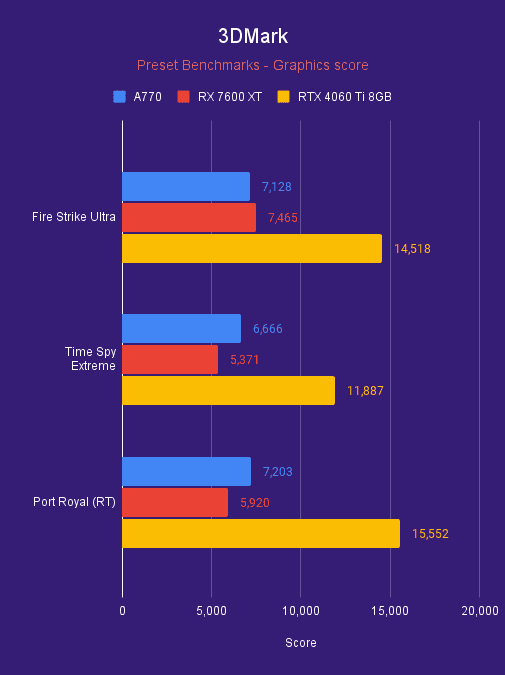
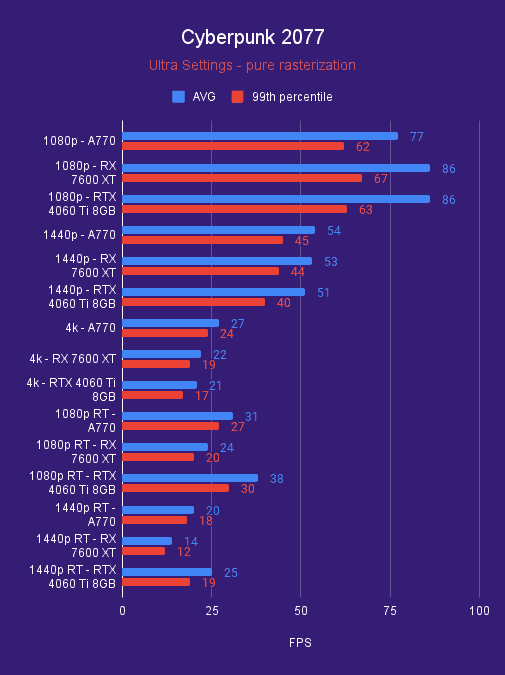
Taking a quick look at what the card has to offer, we benchmarked it in Cyberpunk 2077 and a few 3DMark tests. Pitting it against the RX 7600 XT and RTX 4060 Ti 8GB gives us the best look at how it holds up to newer and tougher opponents. Although it may lack some development and time the others have had it still holds up strong.
In Cyberpunk even with pure rasterization, the A770 holds up much better than the other two options at higher resolutions. Although 1080p does fall behind from a weaker setup, it excels in higher resolutions. It also beats out the AMD GPU in ray tracing, although not as well as the Nvidia GPU option. It probably stems from the fact the same VRAM capacity as the 7600 XT but double the 4060 Ti, but nearly double the bandwidth, which boosts its capability at those higher resolutions. This means tuning graphics settings or utilizing XeSS gives you a lot more power.
Much like a Radeon GPU, it does fall behind what Nvidia manages to achieve in rasterization and ray tracing. As we see in 3DMark, it does well in DX 12, but then in DX 11 FSU, it just slightly falls behind again. Whilst both trail behind in ray tracing in Port Royal. Overall it does come at a great value compared to many options considering it’s a 1440p capable GPU for a lower price than current alternatives. Although there are some games where you might see some limitations it still offers a playable choice.
Overall it does come at a great value compared to many options considering it’s a 1440p capable GPU for a lower price than current alternatives. Although there are some games where you might see some limitations it still offers a playable choice.


Predator BiFrost Intel Arc A770 OC
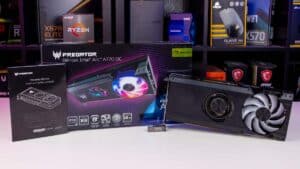
Intel Arc A770 alternatives

GIGABYTE NVIDIA GeForce RTX 4060 Ti EAGLE 8GB
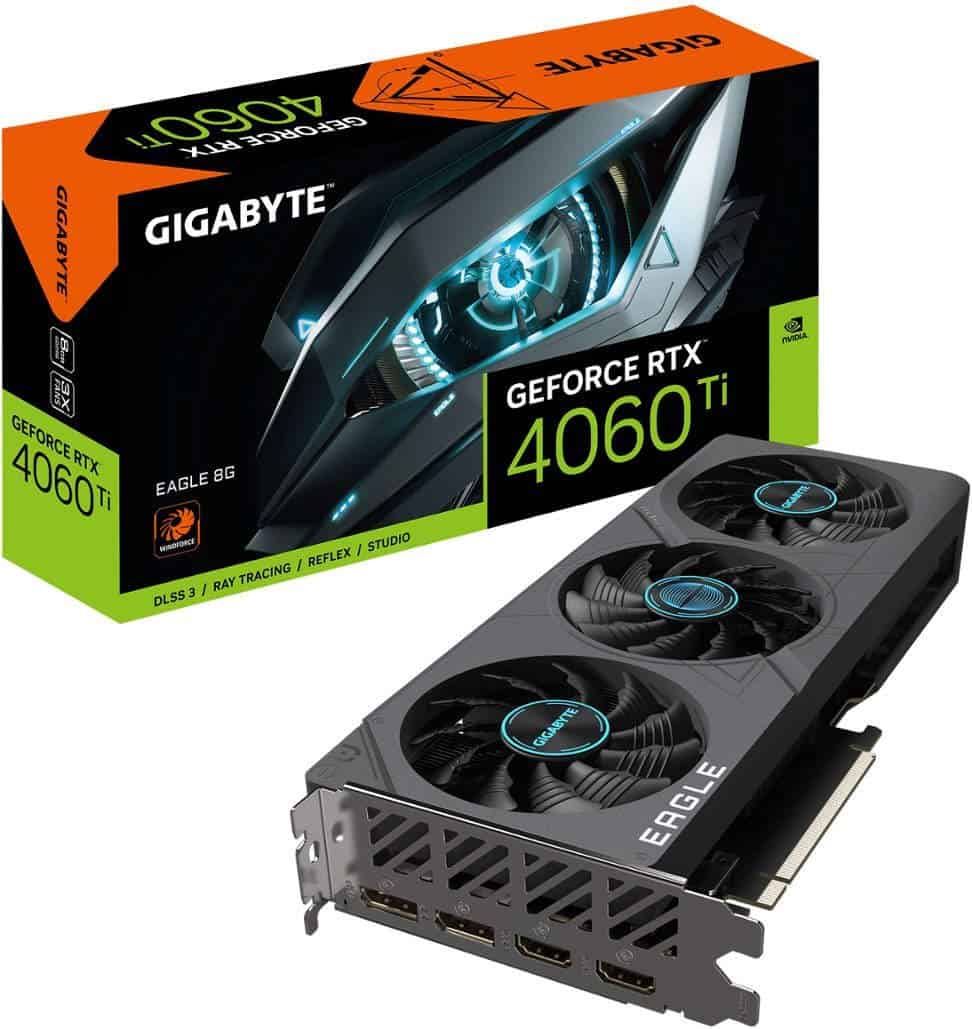
Core Clock Speed
2,310MHz base, 2,535MHz boost
CUDA Cores
4,352
Memory Size
8GB GDDR6
Dimensions
272 x 115 x 41mm
PSU Required
500W
TBP
160W
- Slim only two slot card
- Available for the GPUs MSRP it’s a good entry point for performance
- Large size not required for the lower TGP of the card
The top alternative for the Intel Arc A770 is the RTX 4060 Ti. The 8GB model doesn’t match the specs but it is certainly better than paying the near $100 more for 8GB more VRAM. It does provide you with a modern choice with the Ada series bringing a lot of power and potential with it. Although this card is more entry-level it still provides a 1440p choice but really not much more as it does have a memory limitation.
As we saw in our 4060 Ti review, it is a harder sell than previous options but does bring you the latest generation and features. It certainly would benefit from a sale and get it for less, but it does bring the likes of DLSS 3 and a lot more on offer for you to enjoy.
ASUS Dual Radeon RX 7600 XT OC
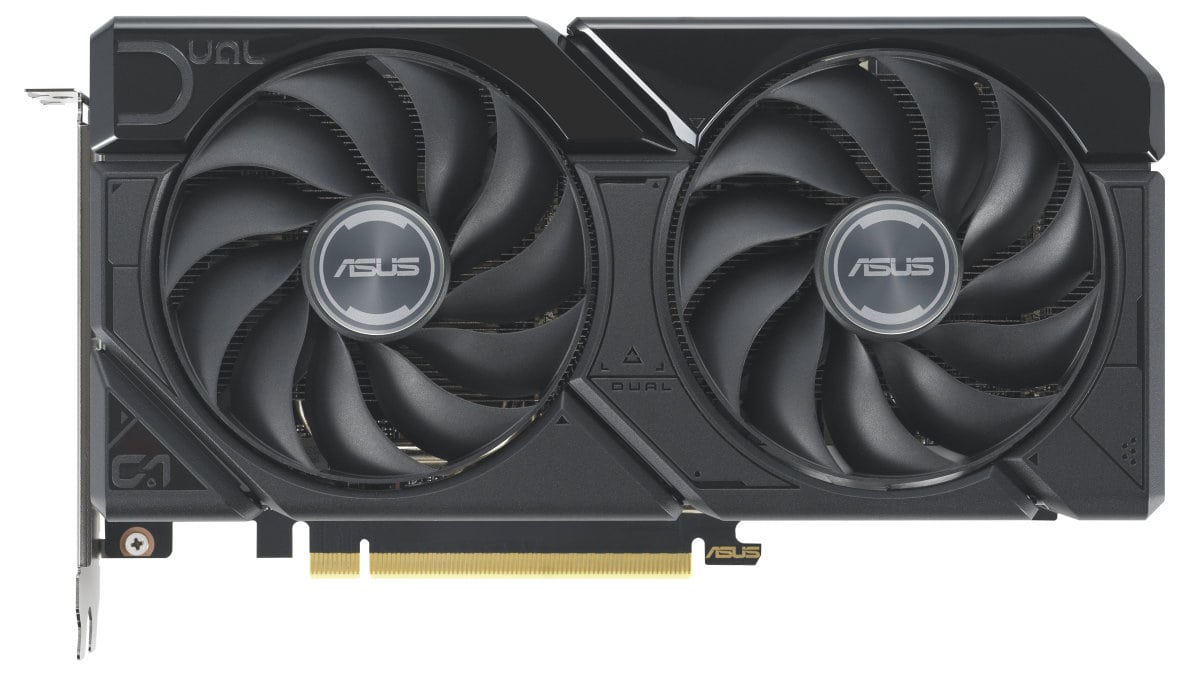
Core clock speed
2,801MHz boost, 1,720MHz base
Streaming processors
2,048
Memory
16GB GDDR6
Dimensions
227.2 x 123.24 x 49.6 mm
PSU required
600W
TBP
190W
- Small and compact, ideal for mini ITX builds
- Only requires one 8-pin power connector
- Doesn’t boost as high as some other options
Another choice of modern graphics card to choose from is the RX 7600 XT. It certainly benefits more from the lower price tag it asks for compared to the 4060 Ti. But it also falls behind the Arc GPU performance in some situations and so it’s the value that is a bigger consideration on it. As we saw in our hands-on with the 7600 XT review it does bring a strong value and a good support to it. As we’ve seen, AMD isn’t shy about pricing adjustments, so you might be able to snag it up for even cheaper. But there is also the best 7700 XT you can consider as an upgrade as well.
Intel Arc A770 FAQs
What is the Intel Arc A770 equivalent to?
From the time of its release, the Intel Arc A770 is comparable to the RX 6600 XT from AMD and the Nvidia RTX 3060. From a newer pick that would be the RX 7600 XT and RTX 4060 Ti 8GB.
Certainly for 1440p and 1080p gaming, the Intel Arc A770 is a good alternative to the other options available. Providing you with a strong choice of power, as it has upgraded its performance from drivers across the board from its release. Especially for the strong value proposition on offer from the low price it asks.




